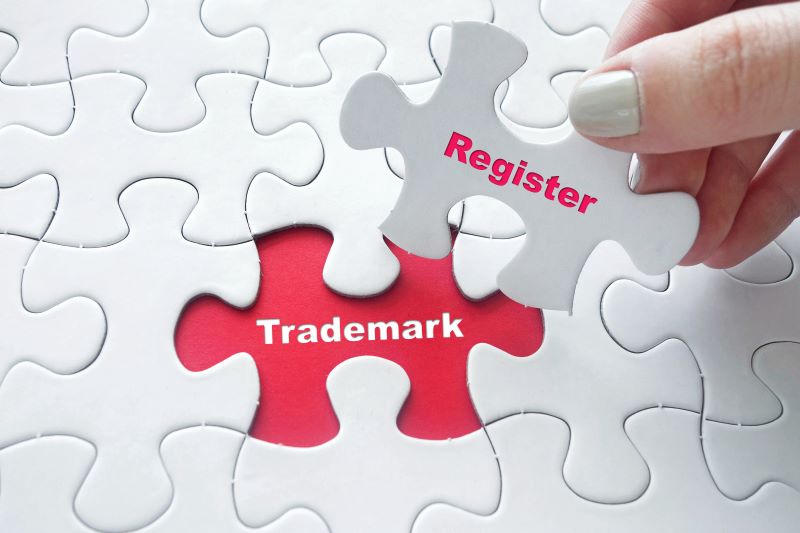According to the this provision, an infringement claim shall be dismissed should a defendant succeed in proving that it had been conducting an infringing activity for more than three years before a plaintiff became aware of such activity and/or for more than five years before the civil action was filed. Until recently, a defendant presenting such evidence had always been able to succeed in dismissing a trademark infringement claim, which thus resulted in the inability of a plaintiff to enforce its trademark against the defendant in relation to that specific infringing activity. Even when an infringing activity was conducted in a very small scope (and as such was invisible for the trademark holder, i.e. “stealth infringement”), the Courts would still dismiss the claim on the basis of the above cited provision.
However, such practice has raised a number of issues which call for its review. Among them the following stand out for putting right holders into an unjust position:
- Committing a stealth infringement and then waiting for the expiry of the 5-year period is a tactic any infringer may use to avoid liability;
- If an infringing activity was temporarily ceased in response to a proper warning by a trademark holder and then continued after 3 or more years, the infringement claim would still be dismissed; moreover, such a cease and desist letter sent by the trademark holder to the infringer may be used as evidence that the action was not filed within the time limit prescribed by the Law;
- Defendants are able to avoid liability for trademark infringement by claiming that they have infringed the same trademark in the past (!).
Once Serbian courts had become aware of the above issues, they realized that the abovementioned provision deserved a different approach, one that would be less harmful for trademark holders who did everything that was reasonably expected to preserve their rights. Thus, a recent decision of the High Commercial Court has established that expiry of the statute of limitations to file a trademark infringement claim cannot be proven by documents such as written correspondence between a plaintiff and a defendant and that an infringing activity conducted in the past must refer to the same exact manner of misuse of the plaintiff’s trademark.
Furthermore, courts are now requiring that a defendant must prove that the scope of activities conducted more than 5 or 3 years before the filing of the claim was relevant in terms of use of a mark, e.g. invoices showing sale of no more than a couple of products or providing services to only a few persons would not be considered as a relevant activity in terms of expiry of time limit for filing a trademark infringement claim.
Finally, and of particular significance, not only are the Serbian courts beginning to address these issues, but also the national legislature is preparing to introduce amendments to the Law on Trademarks. According to these amendments, the said time limit will no longer be calculated from the date of the first infringement.
Based on these developments, we believe that the future of trademark enforcement in Serbia is about to become brighter now that the issues regarding the time limits for filing trademark infringement claims are finally being addressed in a more thoughtful manner.




